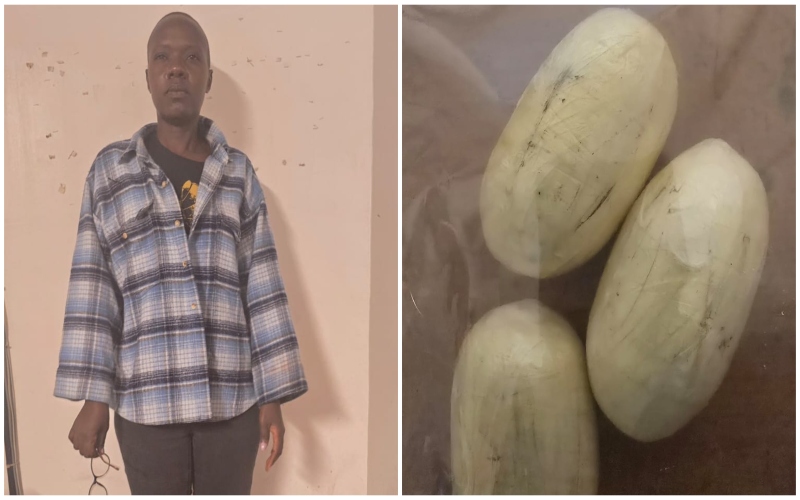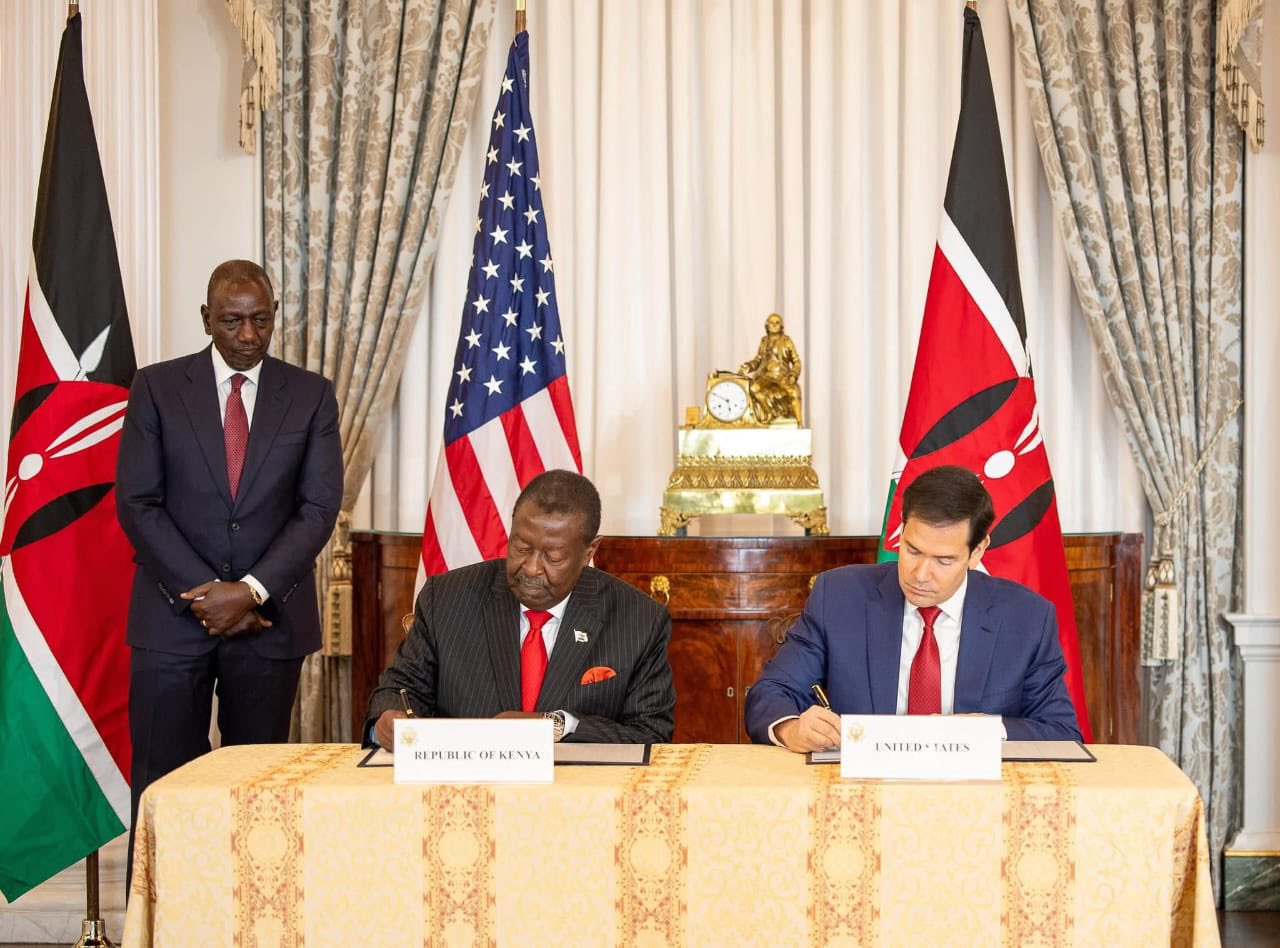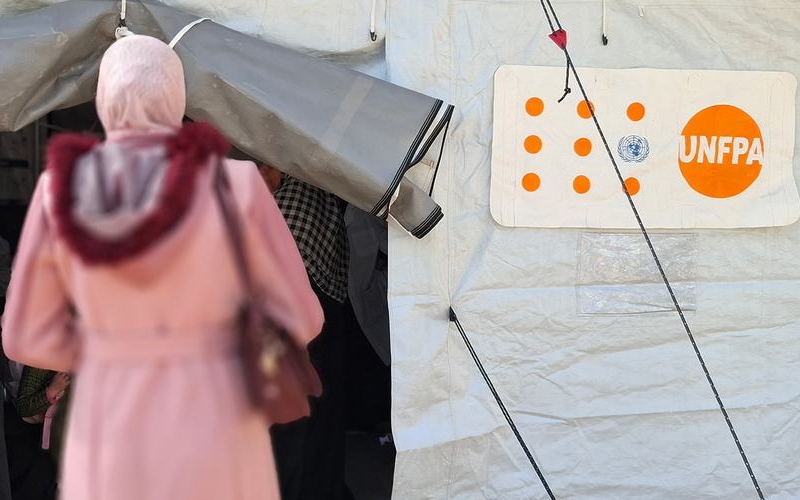Dubai-bound woman nabbed at JKIA with cocaine pellets concealed in her body

The 41-year-old was detained just minutes before her flight after routine screening flagged suspicious behavior, the Directorate of Criminal Investigations (DCI) reported.
Authorities at Jomo Kenyatta International Airport (JKIA) have intercepted a Kenyan woman attempting to smuggle cocaine to Dubai, United Arab Emirates.
The 41-year-old was detained just minutes before her flight after routine screening flagged suspicious behaviour, the Directorate of Criminal Investigations (DCI) reported.
More To Read
- Kenya sees major boost from visa-free policy as tourist numbers hit 1.8 million
- IEBC blames police officers for by-election violence, maintains poll largely successful
- KDF denies allegations of methamphetamine theft in massive 1,024kg seizure off Kenyan coast
- Record cocaine seizure in Haitian waters underlines country’s ‘pivotal’ trafficking role
- Court allows detectives to detain seven Daystar students over death of colleague at Ngara Apartment
- Kenya Airways staff jailed for 25 years for trafficking heroin
The Anti-Narcotics Unit conducted further examinations and discovered narcotics hidden inside her body.
Under medical supervision, she excreted three cocaine pellets, though investigators suspect additional substances may still be present. She remains in custody as authorities continue their inquiry.
The DCI described the case as a stark example of the dangers of “body packing,” which experts warn can lead to intestinal rupture and sudden death from overdose. Kenya’s Narcotic Drugs and Psychotropic Substances (Control) Act, 1994, criminalises possession, trafficking, and attempted trafficking of prohibited substances, with penalties including life imprisonment.
Since the woman attempted to export the drugs to Dubai, her case qualifies as trafficking under the law.
Kenya is also a signatory to the United Nations Convention against Illicit Traffic in Narcotic Drugs and Psychotropic Substances, 1988, which mandates cooperation among member states in the fight against drug trafficking.
Airports like JKIA serve as critical points for detecting and intercepting cross-border narcotics operations.
JKIA, East Africa’s busiest aviation hub, has previously been used as a transit route for cocaine and heroin moving between Africa, Europe, and the Middle East.
In response, the Kenya Airports Authority, the DCI, and the Kenya Revenue Authority’s Customs Unit have strengthened airport security, including body scanners and risk-based passenger profiling.
Officials emphasised that criminal networks often exploit desperate individuals as drug mules. The DCI warned that penalties for drug trafficking are severe in Kenya and in destination countries such as the United Arab Emirates, where offenders may face capital punishment.
“The suspect’s mission ended before it began. She is now under lawful custody and will face the full force of the law,” the DCI said.
Authorities reiterated Kenya’s commitment to international cooperation, highlighting that combating drug trafficking protects public health, secures borders, and upholds the rule of law.
Top Stories Today

















































